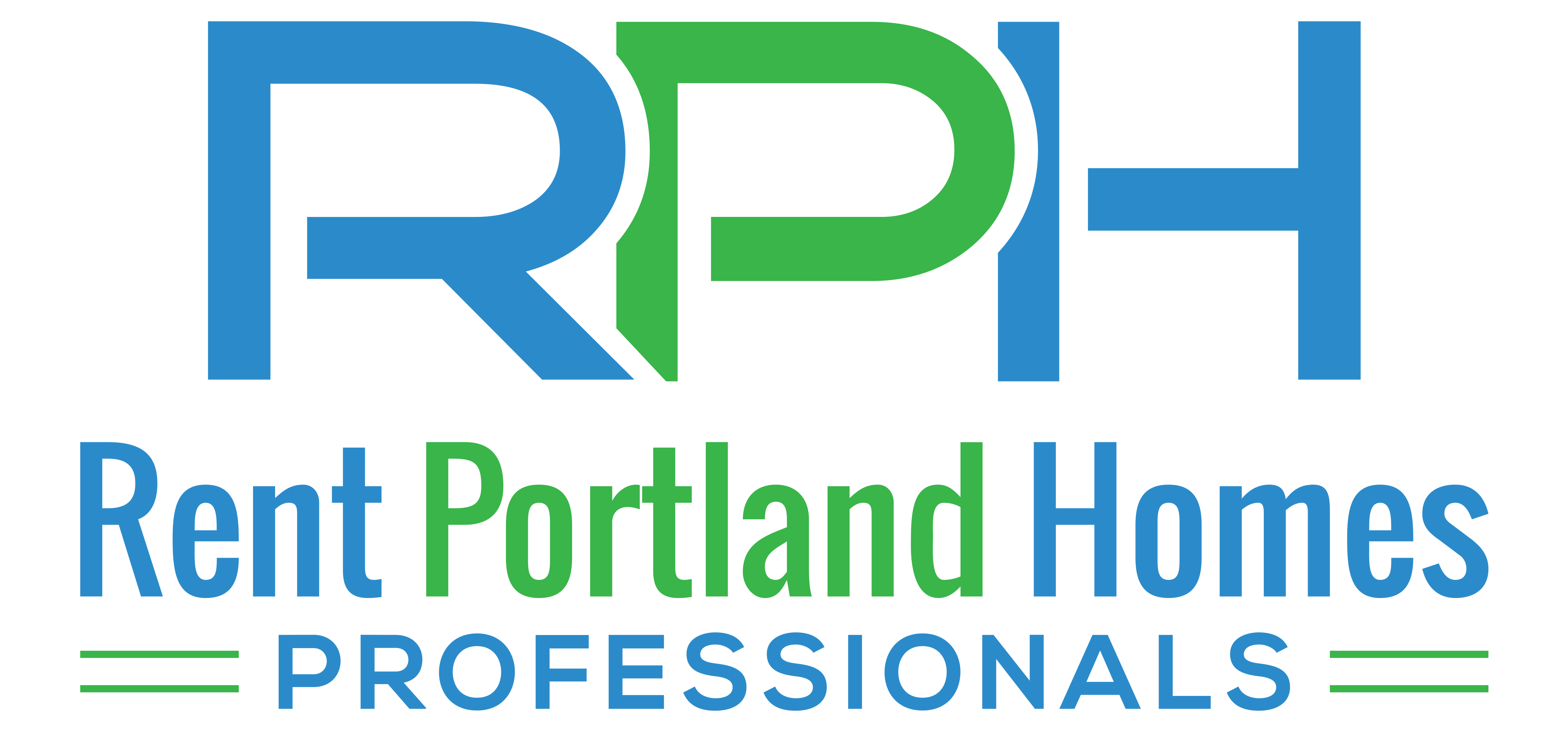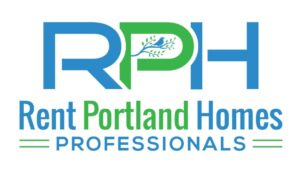Unlocking the Secrets to a Profitable Investment Property: A Step-by-Step Guide

Owing a profitable investment property has always been an attractive option for those seeking financial stability and long-term wealth.
The good news is that owning rental properties doesn’t have to be difficult, especially if you follow a proven plan that you can use for investing in investment properties.
In this comprehensive guide, we will explore the secrets to unlocking the full potential of a profitable investment property.
How To Find A Profitable Investment Property
Investing in rental properties offers a multitude of benefits that make it an appealing option for both seasoned investors and those new to the real estate market. Firstly, rental properties provide a consistent source of passive income. By renting out your property, you can generate a monthly cash flow that can help cover mortgage payments and other expenses. Moreover, rental properties have the potential for long-term appreciation, allowing you to build equity and increase your net worth over time.
Additionally, rental properties offer tax advantages. Expenses such as mortgage interest, property taxes, and repairs can be deducted from your rental income, reducing your overall tax liability. Furthermore, real estate investments have historically shown less volatility compared to other investment options, providing a sense of stability in an unpredictable market. With these benefits in mind, let’s delve into the factors to consider when choosing an investment property.
Factors to Consider When Choosing an Investment Property
Selecting the right investment property is crucial to your success as a real estate investor. To maximize your returns, several factors must be taken into account. Location is paramount when it comes to rental properties. Researching rental properties in Portland, Oregon, for example, will allow you to identify areas with high demand and low vacancy rates. Proximity to amenities, schools, and transportation links are also important considerations that can attract potential tenants and ensure a steady rental income.
Furthermore, analyze the potential profitability of a rental property by assessing the local rental market. Evaluate the average rental rates in the area and compare them to the property’s purchase price. Additionally, consider the demand for rental properties in the neighborhood and the potential for future growth. This research will help you determine the return on investment and make an informed decision.
Step 1: Setting Your Investment Goals
Before diving into the world of investment properties, it is essential to establish your investment goals. Clarify your financial objectives, whether it is to generate a passive income stream, build equity, or achieve long-term appreciation. Determine your risk tolerance and the amount of capital you are willing to invest. Setting clear goals will guide your decision-making process and help you stay focused on your investment strategy.
Step 2: Researching Rental Properties in Portland, Oregon
Portland, Oregon, is a thriving city with a strong rental market. Conduct thorough research on the local real estate market to identify potential investment opportunities. Explore different neighborhoods, evaluate rental rates, and consider factors such as proximity to amenities, schools, and public transport. Utilize online resources and consult with local real estate professionals to gain valuable insights and make informed decisions.
Step 3: Analyzing the Potential Profitability of a Rental Property
Analyzing the potential profitability of a rental property is crucial to ensure a successful investment. Start by calculating the property’s potential rental income based on the average rental rates in the area. Deduct estimated expenses such as property taxes, maintenance costs, and potential vacancies to determine the net operating income. By comparing this figure to the property’s purchase price, you can calculate the capitalization rate, which indicates the property’s potential return on investment.
Step 4: Financing Your Investment Property
Once you have identified a promising investment property, it is time to consider your financing options. Explore different mortgage lenders and loan programs to find the most favorable terms and interest rates. Obtain pre-approval for a mortgage to demonstrate your financial readiness to sellers. Additionally, consider alternative financing methods such as partnerships or private lenders if traditional financing is not feasible.
Step 5: Managing Your Rental Property
Managing your rental property effectively is essential to ensure a profitable investment. As a landlord, you will be responsible for tasks such as tenant screening, lease agreements, rent collection, and property maintenance. Consider hiring a property management company if you prefer a hands-off approach or lack the time and expertise to manage the property yourself. A professional property management service can handle all aspects of property management, allowing you to focus on other investments or personal endeavors.
Step 6: Maximizing Rental Income and Minimizing Expenses
To maximize the profitability of your investment property, it is crucial to find ways to increase rental income and minimize expenses. Regularly review rental rates and adjust them to match market trends. Invest in property improvements that can attract higher-paying tenants and increase the property’s value. Additionally, implement cost-saving measures such as energy-efficient upgrades and proactive maintenance to reduce expenses over time.
Step 7: Scaling Your Rental Property Portfolio
Once you have established a successful rental property, you may consider scaling your investment portfolio. By leveraging the equity in your existing property or utilizing other financing methods, you can acquire additional rental properties and expand your income streams. However, it is important to carefully assess each potential investment and ensure that you have the resources and capacity to manage multiple properties effectively.
Contact Us
Investing in rental properties can be a lucrative venture if approached strategically and with careful consideration. By following the step-by-step guide outlined in this article, you can unlock the secrets to a profitable investment property. Remember to set clear investment goals, research rental properties in your desired location, analyze potential profitability, secure financing, effectively manage your property, maximize rental income, and consider scaling your portfolio. With dedication and knowledge, you can build a successful real estate investment portfolio that provides long-term financial stability.
To learn more about the property management services that we can offer you, contact us today by calling (503) 791-4610 or click here to connect with us online!








